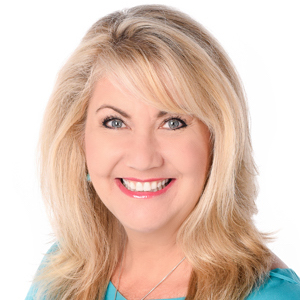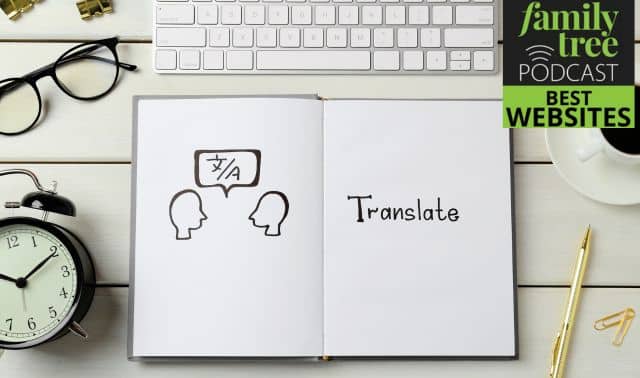Sign up for the Family Tree Newsletter! Plus, you’ll receive our 10 Essential Genealogy Research Forms PDF as a special thank you.
Get Your Free Genealogy Forms
"*" indicates required fields

2018 has been a busy year in the genealogy world! We’re wrapping it up with a recap, and chatting about what we look forward to in 2019. Join us!
Ep. 127: December 2018
In this episode:
This Month in Family History
Andrew covers the history of the Monroe Doctrine.
This month in 1823: US President James Monroe declared that any attempt by a European power to create new colonies in the Western Hemisphere would be considered a hostile act against the United States. The proclamation, given before Congress on Dec. 2, 1823, became known as the Monroe Doctrine.
As part of this new foreign policy, the United States vowed to respect existing European colonies in the region and not to interfere in wars between European powers. The declaration reinforced the separation between the New and Old Worlds, and also left the door open for the United States to continue expanding west without fear of competition from other world powers.
The policy change came shortly after most countries in Central and South America gained their independence from Spain. Monroe and his secretary of state, John Quincy Adams, were concerned that Spain (along with France) would attempt to recolonize the region. And so, they decided to firmly assert the United States’ role as protectorate of the Western Hemisphere.
Feature
The Biggest DNA Development / Trends for 2018
The biggest development in the field was the use of DNA and genealogy to solve cold case crimes across the US. Leaving your personal feelings and the ethical debate behind, bringing the use of genealogy coupled with genetics to the attention of the public had an amazing effect. I answered many questions from people who had never thought about genealogy before who were now intrigued by what their DNA, and their genealogy, held.
When I was recently in Glasgow, Scotland I talked to a group of people at a local café about DNA testing for a good hour. Regular people are picking up DNA testing kits out of curiosity, and many I found out are eager to learn about cousins over here. With ancestry DNA tests available in 36 countries the trend in making contacts with distant cousins can only increase.
Last spring DNA Painter made a splash with its incredible website. For those who have not heard of it before, this website allows you to “paint” your chromosome with segments as you identify them. The process gives you a colorful chart of ancestral DNA segments which can be helpful as you identify other descendants of common ancestors. Plus, you can figure out exactly which bits of you came from whom.
The most recent development in 2018 came in November from Genetic Affairs. This program takes your results from AncestryDNA, FamilyTreeDNA, and 23andMe, collates your matches, and then emails them to you. Then there is the AutoClustering function that many people have lost their minds over. While this portion of the site is not free, it shows the user a graphic of all three-way matches in your list. This is not verified triangulation, but you can figure that out easily enough. Just be warned, some people have lost whole weekends playing with the software!
Finally, MyHeritage held an all genetic genealogy conference in Oslo, Norway this past November. While it is not the only one of its kind, there is also the Family Tree DNA conference in Houston and the i4gg conference in San Diego, this one was geared more to general users and made their live streaming videos free to view. While a specialty part of the genealogy community, genetics can be accessible by all.
DNA Deconstructed
Top Gen Stories of 2018 and a look ahead to 2019 With Andrew Koch, Editor Family Tree Magazine.
Best Genealogy Websites
Author Rick Crume shares some of his favorite websites from the “75 Best Free Websites to Trace American Ancestors” article in the December 2018 issue of the magazine.
Stories from the Stacks
Lisa’s special guest: David Rencher, Director of the Family History Library in Salt Lake City, Utah.
This Just In
Family Tree University Dean Vanessa Weiland shares a new online course that’s going to help you get hands-on with your genealogy organization in 2019 Genealogy Organization Bootcamp Online Course.
Your Host: Lisa Louise Cooke
Listen to Lisa Louise Cooke’s Genealogy Gems and Genealogy: Family History Made Easy podcasts in iTunes and visit her website for great research ideas, podcast episodes and videos.
Have fun climbing your family tree!





